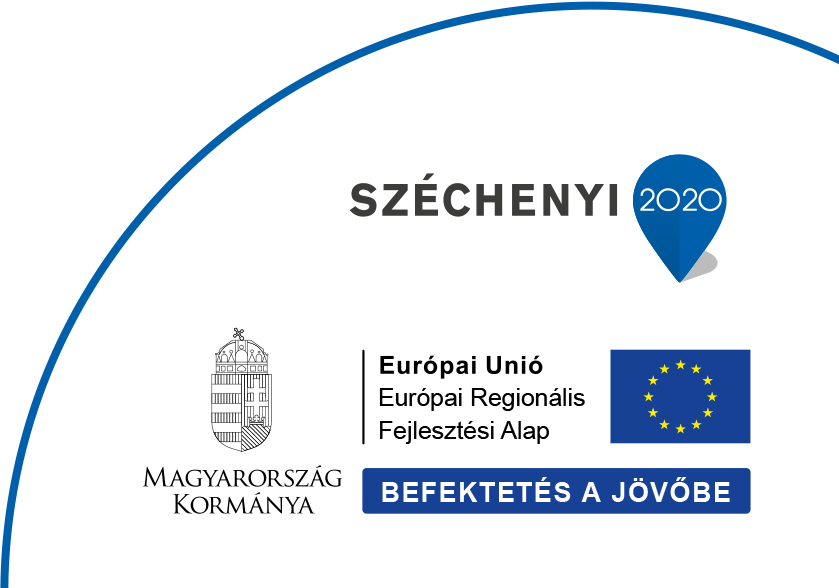Head of Department
Gábor Veres
Tel: +36 1 392 2758
Fax: +36 1 392 2598
e-mail: veres.gabor@ek-cer.hu
The Fusion Technology Department seeks solutions to technology related issues that emerge during controlled nuclear fusion research. Our most important activity areas are connected to offering engineering services for large research infrastructures, such as ITER, DEMO and IFMIF- DONES. These include all kinds of services from systems engineering through detailed design to prototype manufacturing and testing, up-to the installation of the final product.
ITER:
ITER (International Thermonuclear Experimental Reactor) is project run in a wide international collaboration in Cadarache, southern France, with the aim to demonstrate the technical and technological feasibility of fusion energy production. Fusion related activities worldwide are focused on the realisation of this goal and project.
Our collaboration with colleagues who work directly on ITER in France dates to many years, our laboratory is the main contact in Hungary. As an example, during the past ten years colleagues of our laboratory, have largely contributed to the development of the electric infrastructure that will be responsible for the transmission of diagnostics signals inside the ITER’s vacuum vessel and from inside to the outside of it. These diagnostics signals include quantities of plasma physics importance, such as radiation, temperature, etc., or quantities related to magnetic fields or device security. This infrastructure consists of many tens of thousands of elements with many tens of kilometres of special mineral insulated cables and must reliably do its job during the entire 20 year’s lifetime of the ITER machine. At present, our colleagues also deliver engineering support to the ITER Port Plugs & Diagnostics Integration Division in relation to the integration, analysis, design, real-size mock-up manufacturing and testing of diagnostics located in the lower vacuum vessel ports. The work also extends to the application of nuclear standards ASME and RCC-MRx for the validation of structural integrity of components. Engineers of the department also contribute to the development of the Erosion Deposition Monitor diagnostic system, which is one of the key ITER diagnostics, that guarantees the long lifetime of the divertor plates via measuring their erosion rate under high power plasma discharges. The central unit of this diagnostic located below the divertor dome, will be manufactured by an advanced technique, by Hot Isostatic Pressing (HIP) welding. Fundamental physical-technological aspects of the HIP welding process are also actively studied by our engineers.
IFMIF – DONES:
The structural materials in DEMO will be exposed to strong neutronic radiation, stemming from the fusion reaction. Nowadays, the existing neutron sources that are bound to fission nuclear plants and the fission reactions, are not appropriate because of the different neutron flux and neutron spectrum. Hence, for an appropriate study of the behaviour of structural materials under DEMO conditions, an adequate neutron source with high flux and peaked spectrum at 14 MeV is indispensable. To this aim the IFMIF – DONES (International Fusion Materials Irradiation Facility – DEMO Oriented Neutron Source) project was launched. It will be based on a deuterium accelerator and liquid Lithium target. The full IFMIF power, required for post-DEMO fusion power plants, will probably be reached with the doubling of the accelerator facility, but other options are also being investigated by our laboratory.
Our laboratory is the Hungarian member in the European DONES-Prep consortium led by the Spanish CIEMAT Horizon 2020. This consortium is responsible for the preparation of the legal-administrative framework for the realization of the DONES facility in southern Spain.
Activities and Competencies:
- Engineering design development (CATIA)
- Finite element analysis (ANSYS)
- Manufacturing, testing, commissioning
- Systems engineering
- PLM systems (3DExperience, Enovia)
Key Reference works:
- Development and testing of the in-vessel diagnostics electronic infrastructure for ITER
- Development of ITER bolometry cameras
- Development of tritium breeder modules for ITER and DEMO
- Development, manufacturing and testing of plasma diagnostics systems
Our publications:
https://m2.mtmt.hu/gui2/?type=institutes&mode=browse&sel=institutes13923
https://m2.mtmt.hu/gui2/?type=institutes&mode=browse&sel=institutes21825
The colleagues of the department
Gábor Veres – Head of Department
Miklós Palánkai – Development Engineer, Deputy Head of Department
Tétény Baross – Research fellow
Attila Böhm – Development Engineer
Fruzsina Darányi – System Engineer
Péter Figeczki-Mélykuti – Development Engineer
Márton Gregor – Development Engineer
Jenő Kádi – Development Engineer
József Szőke – Development Engineer
